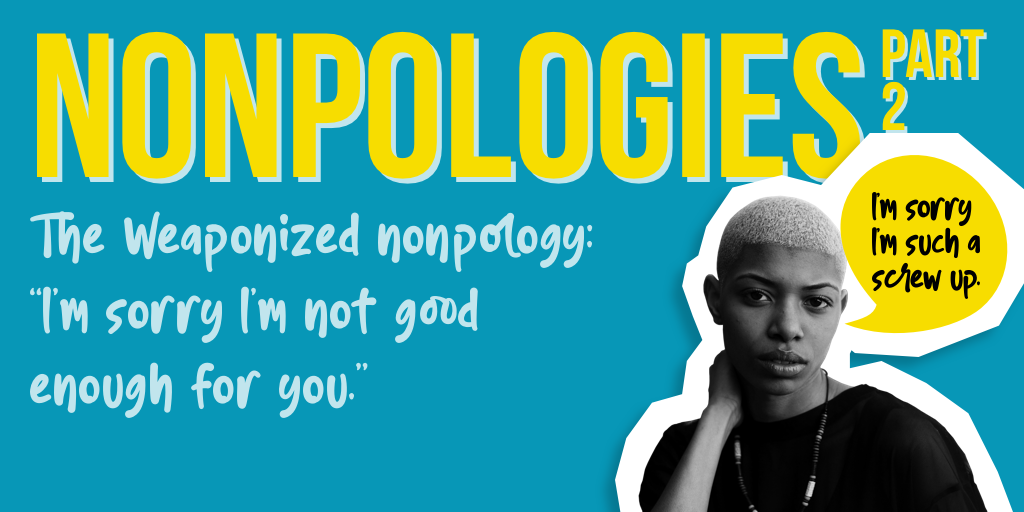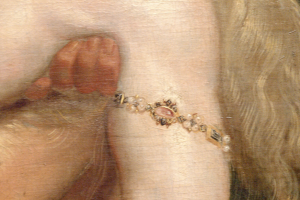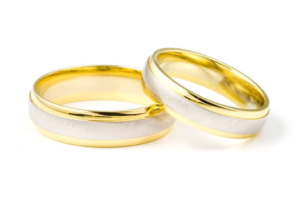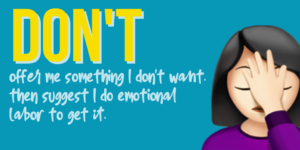It’s amazing to me how many people who really should know better (and do, in other situations) will fall back on a craptaculous nonpology when feeling defensive.
And will defend it when they do, despite that they will know instantly that it’s a non-apology (nonpology) when it’s directed at them.
(Prefer to listen to the podcast? https://datingkinky.com/pod/nonpology-2)
And why do I say it’s a nonpology? Because an authentic apology acknowledges that the fault lies with the person apologizing, and this phrase is chosen to put the blame on the person claiming harm.
Let’s play the nonpology game, and let’s make it physical rather than emotional, to illustrate.
In our example, instead of saying something that may have hurt someone, we have slapped them hard.
They say, “Fudgebuckets! The smarts, you dingleberry from a particularly un-hygenic troll!”
Which would make me laugh, but perhaps I get defensive as well, and so I feel on-the-spot and like I must deflect. So, I could say:
“I’m sorry I’m such a screw up.”
No acknowledgement of the slap, or how I was the one initiating it. Instead, I turn the hurt around, implying that instead of being slapped, they have hurt me by calling me a screw up.
Or, perhaps I would say:
“I’m sorry I’m not good enough for you, and I do everything wrong. I sometimes just wish that I could control my hands like you perfect people.”
Because it amounts to the same thing.
Other prime examples:
- I’m sorry I’m a bad partner.
- I’m sorry I’m not as great at poly as YOU are.
- I’m sorry I’m not smart enough.
- I’m sorry I’m such a slob.
- I’m sorry I always mess things up.
Or just “I’m sorry,” over and over in more and more pitiful ways until the original hurt party stops to caretake them and soothe their feelings.
None of these versions of this nonpology takes any responsibility for the action, and they leave the hurt party feeling like they now have to explain that that’s not what they meant at all. I’m not really a screw up. It’s just this thing hurt them, and they reacted poorly, would I please forgive them?
The nonpology person, on the other hand, feels like they have done what was required by saying the words “I’m sorry,” and furthermore, that they are now owed an apology, because of the gross overreaction and making them feel like they are not good enough.
To clarify further, an apology that would be appropriate would be:
“I’m sorry I slapped you. I won’t do it again. How can I make it better?”
This is my second in a series of writings on nonpologies, to examine the ones that are commonly used, and why they aren’t actually apologies, so that we can eliminate them from our own relationship interactions, and spot them when they are offered to us, personally, professionally, and politically.
What is your experience with the “I’m sorry I’m not good enough for you.” nonpology?
—
Want to listen to the first in this series? https://datingkinky.com/pod/nonpology-1







